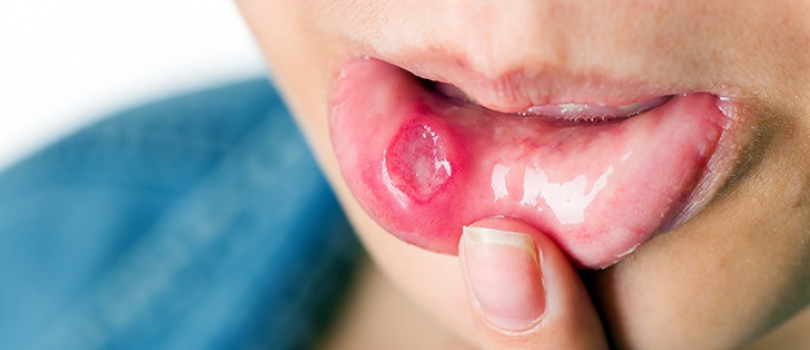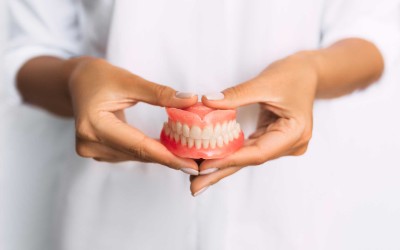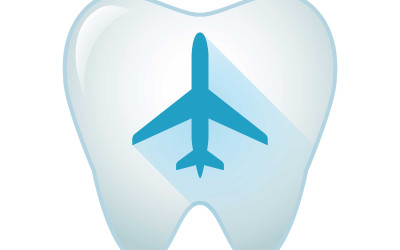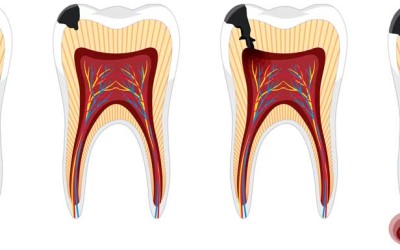What Is a Mouth Sore?

What Is a Mouth Sore?
- 26 June 2022
- 30225 views
Mouth sores are lesions that occur in sensitive areas such as tongue, gums or cheeks and affect a person's daily life.
This content is for informational purposes only and does not replace medical advice, diagnosis, or treatment. Please consult a healthcare professional for any health concerns.
Mouth sores are a problem that almost everyone faces at some point in their life. There are many reasons for the emergence of this problem, which greatly reduces the quality of life of the person. Also, the discomfort caused by the sores vary from person to person.
WHAT IS A MOUTH SORE?
Mouth sores occur in sensitive areas such as the tongue, gums, cheeks or palate. It prevents the person from eating, drinking and even speaking. In some cases, it may even be difficult to control salivary secretions.
The mouth sore may look inflamed and cause swelling. In such cases, it is also called aphtha. It is a very common health problem. They usually get better on their own within a few days.
TYPES OF MOUTH SORES
Mouth sores can occur for many different reasons as well as occur in different types.
- Aphthous: They are white on top and red around them. They cause pain. They usually occur inside the mouth. Frequent recurrent aphthae can be caused by a weakened immune system.
- Herpes: They are fluid-filled, raised lesions that usually appear on the lips. Herpes simplex virus causes cold sores. It occurs especially during flu infections or when the immune system is weakened.
- Thrush: They are lesions caused by a type of fungus. It is usually seen in babies or people who use dentures.
- Leukoplakia: It can be seen on the tongue or on the oral mucosa. They are white, off-white or slightly yellowish lesions. This type of mouth sore is usually caused by smoking.
- Erythroplakia: The red colored wounds mentioned in leukoplakia are called Erythroplakia.
- Lichen Planus: They are raised purplish lesions especially seen on the tongue.
MOUTH SORE SYMPTOMS
Symptoms of mouth sores are as follows:
- Inflammation in the lesion
- Presence of red or white-looking sores in the mouth
- Swelling, pain or tenderness in the wound area
- Decreased appetite due to pain
- Difficulty in speaking due to wound pain or stinging
- Mouth sores usually cause pain when eating or drinking
- A burning or tingling sensation may occur around the painful wound.
- The wound is usually small in size, with a red border and oval shaped.
- Before the mouth sore appears, tingling, burning or pain may be felt in the area where the wound will come out.
- Wounds are likely to bleed or ache during oral and dental care
- Severe wound near the throat can cause sore throat.
- Fever is seen especially in infected wounds
CAUSES OF MOUTH SORES
Mouth sores are caused by different reasons. For this reason, after the cause of the wound is determined, targeted treatment should be performed. The factors that cause mouth sores are as follows:
- Vitamin and mineral deficiency
- Medication use
- Hormonal changes (such as pregnancy, menstruation)
- Genetic or systemic diseases
- Smoking
- Alcohol consumption
- Consuming extremely cold or hot foods
- Inadequate oral care and hygiene
- Food or drug allergies
- Using the wrong toothpaste or oral care products
- Weak immune system
- Structural disorders in teeth and gums
- Bacterial or viral infections
- Consuming foods that may cause scratching of the inside of the mouth
- Celiac disease
MOUTH SORE TREATMENT
Most mouth sores go away on their own within 1-2 weeks. Small-scale, simple mouth sores that do not affect daily life too much can heal with simple precautions that can be taken at home. The use of mouthwash is also effective. However, it is of great importance to consult a dentist for mouth sores that do not go away for a long time and affect daily life.







